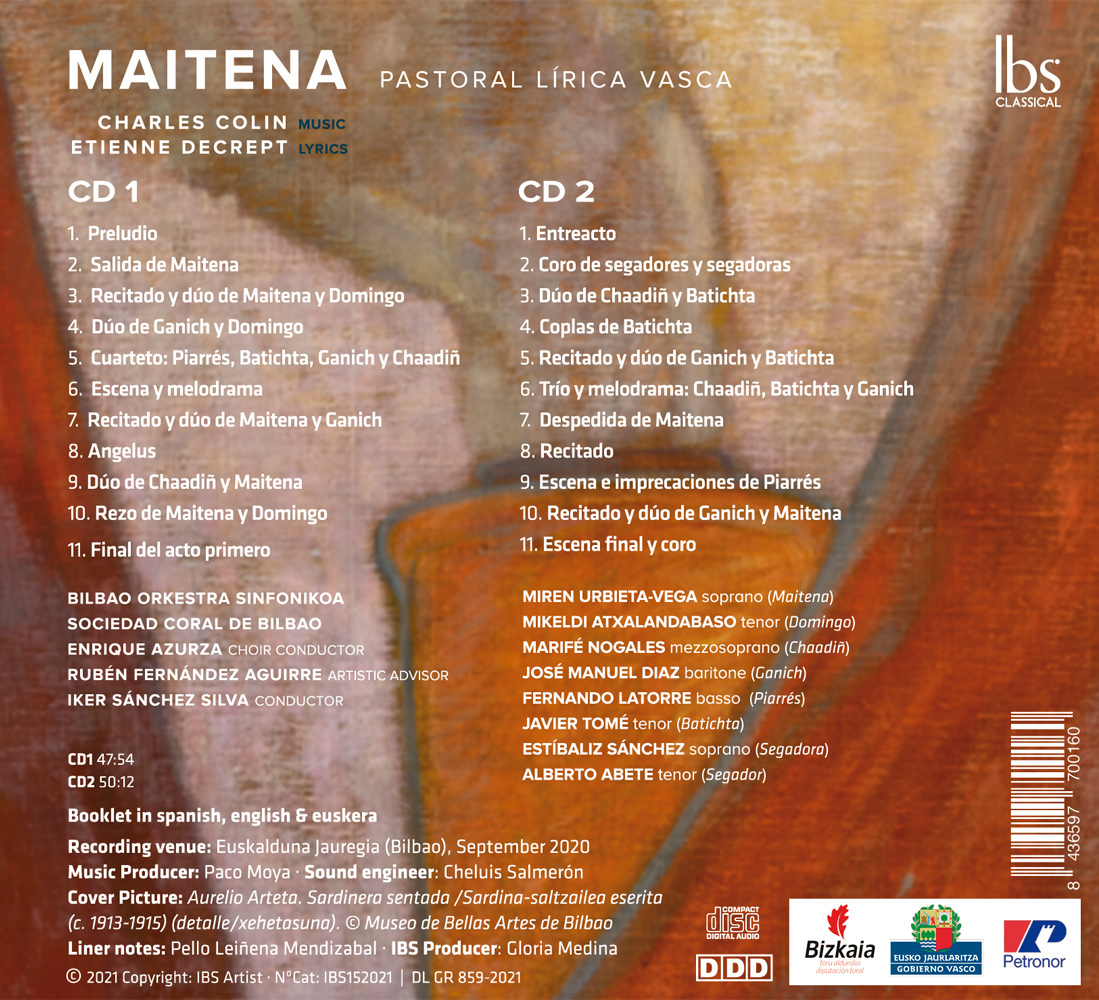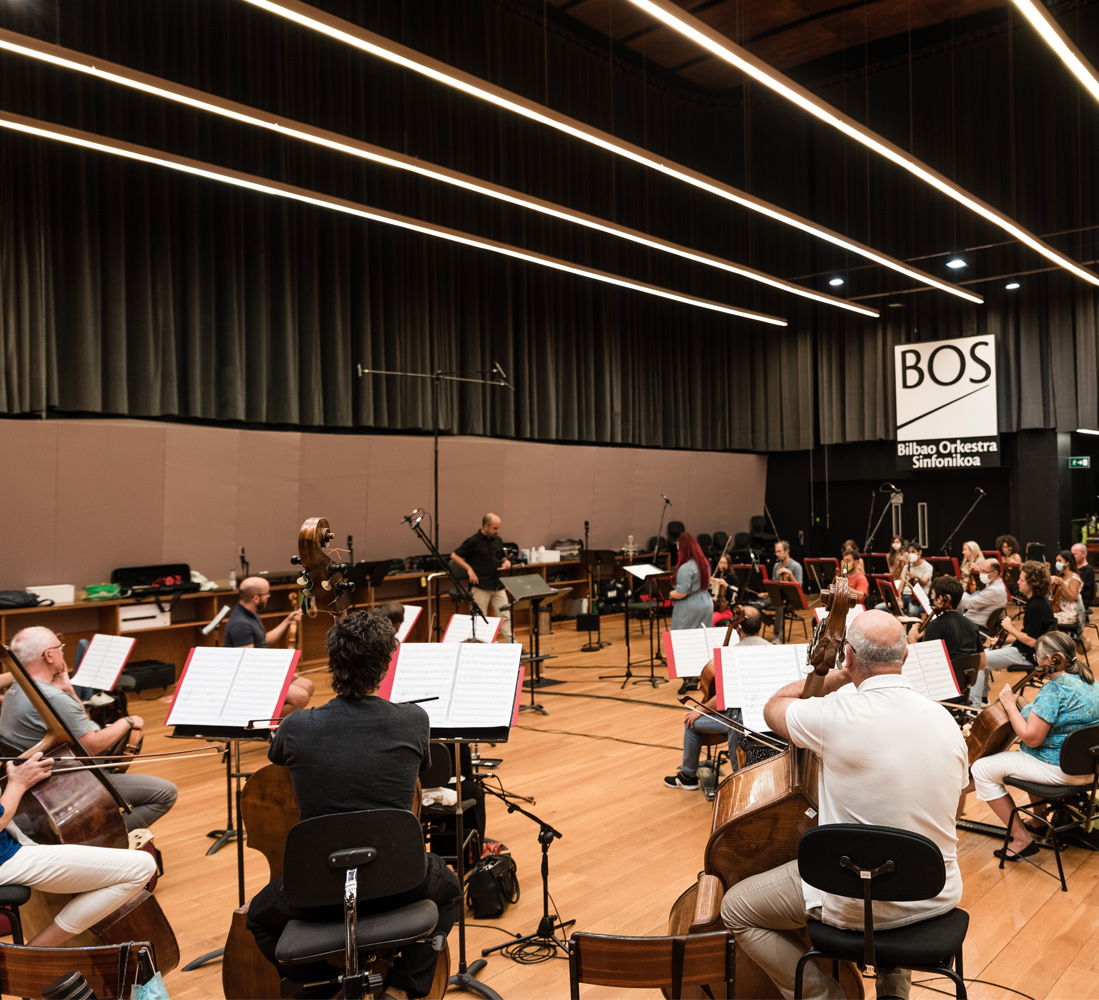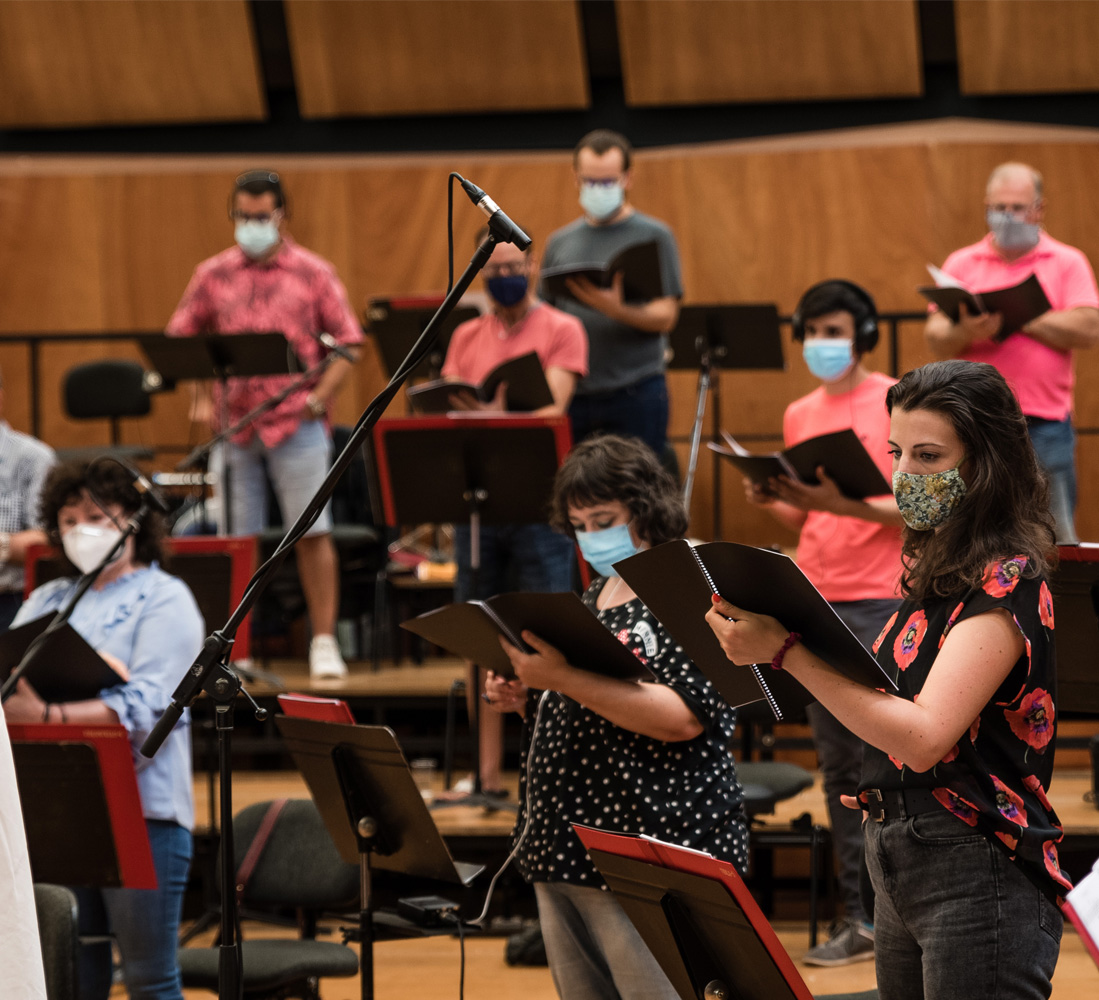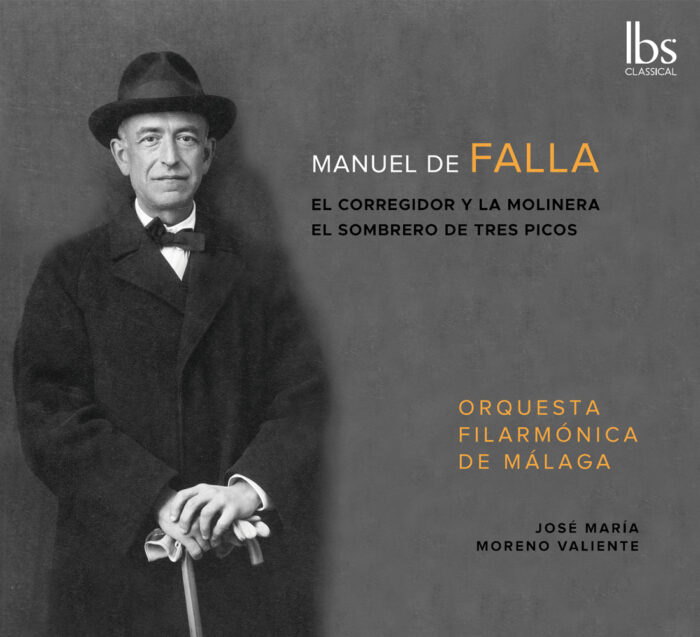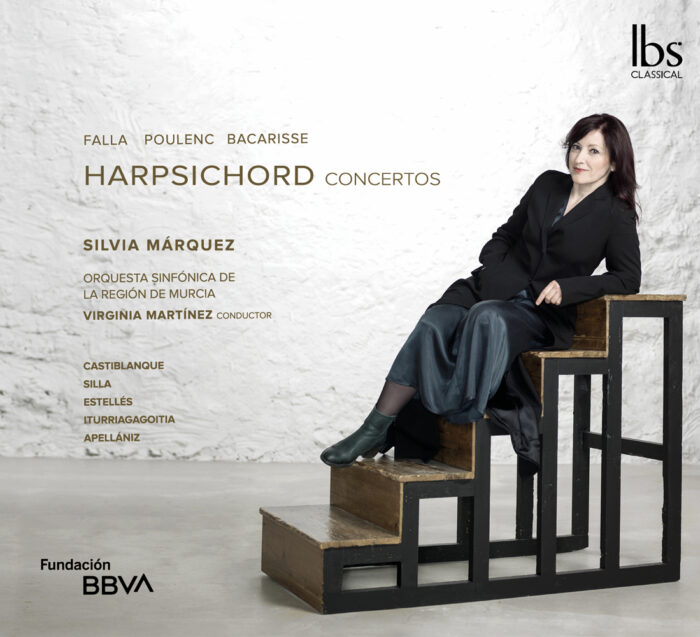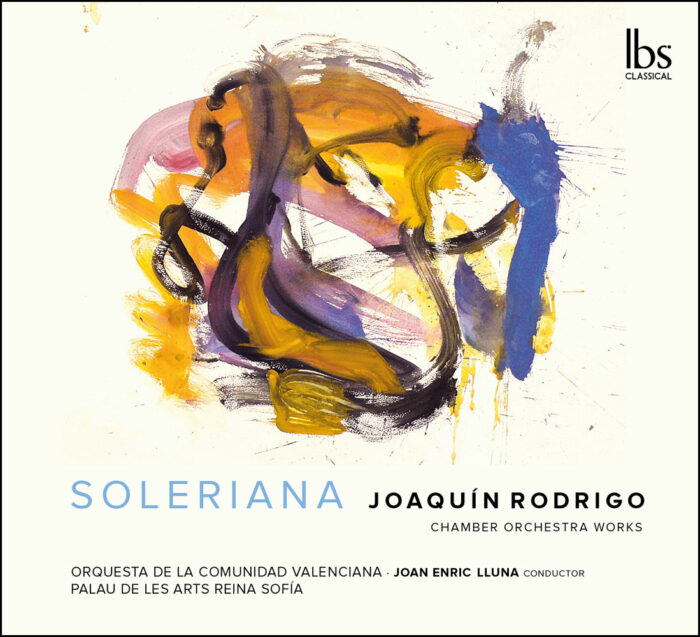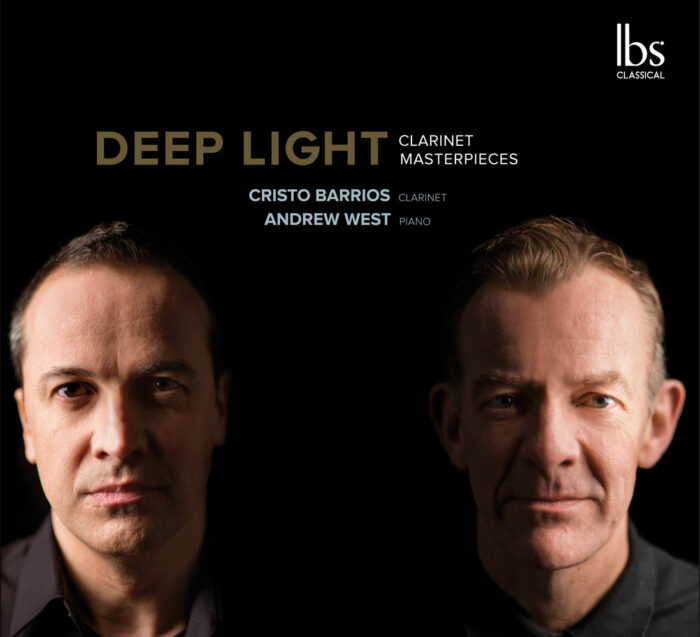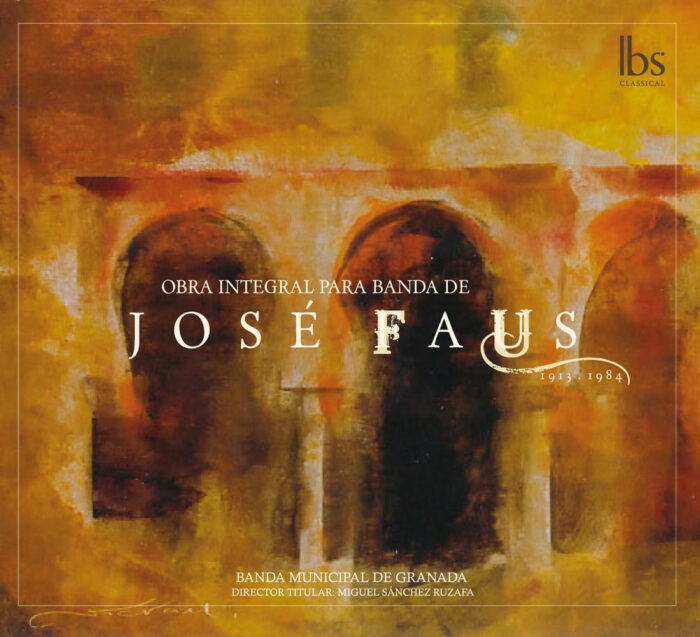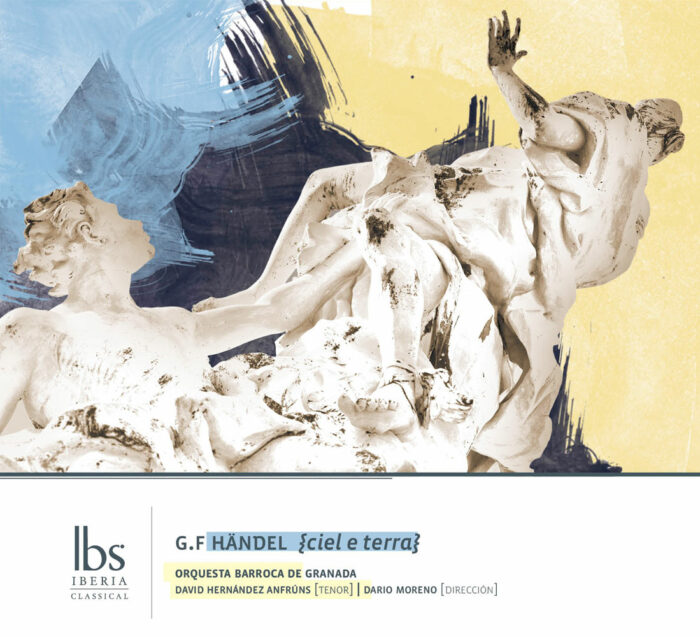Maitena
It was in 1909 when Alfredo de Echave learned through the critic Franciso Gascue of the existence of Maitena, a Basque pastoral in two acts written by Charles Colin between 1905 and 1908 to a libretto by Étienne Decrept. Colin, a justice of the peace from Ciboure, painter, sculptor and composer, was inspired by various Labourean melodies, adapting them to the stage and developing them in a rural setting. By way of summary, the action tells the story of the rich farmer Piarres Landaburu, Maitena’s father, and his intention to marry her off to Ganich, a young man from a good family, rather than to an unfortunate pelotari named Domingo. Maitena, contrary to her father, marries Domingo and goes to America in search of a new life. After being widowed in Buenos Aires, she returns to her father’s home where she finds only repudiation. Maitena moves away, but her father welcomes her back into his home, favouring her marriage to Ganich and thus returning the family to live together again. The work, which premiered at the Teatro Campos Eliseos in Bilbao on 29 May 1909 under the direction of Aureliano Valle, was a resounding success. Critics praised the suitability of the libretto to the music and highlighted the melodic character of the work based on a strophic character similar to the “koplak” technique used in bertsolaritza. A simple orchestration adapted to the psychology and action of the characters were the ingredients that defined its success.
Sociedad Coral Bilbao
Since 1905,the initial choir has incorporated, definitively and permanently the female voice, resulting in a mixed choir with 200 choristers, and bringing in a new era, and refuses to compete in competitions. During this period, the Choral Society of Bilbaoassumed responsibility of promoting Basque Operas, premiering: Maitena, de Charles Colin (1909); Mendi Mendiyan, by José Mª Usandizaga (1910); Lide ta Ixidor, by Santos de Inchausti (1910); Mirentxu, by Jesús Guridi (1910); Deboika, by José Power and Pedro Martínez (1914); Amaya, by Jesús Guridi (1920). Through our ups and downsand times of good and bad fortune, we aspire to our dreams of days of perfection.
The Choral Society has received in recent years the following awards: – The Fine Arts Gold Medal of Merit (1986) – The Chamber of Commerce Centenary Gold Medal, Industry and Seamanship of Bilbao (1986) – The Gold Medal of the Federation of Choirs in Vizcaya (1986) – The 50th Anniversary Medal of the Foundation of UNICEF (1996) – Named a social Collective by The Bascongada Royal Society, Friends of the Country (1997) – The Andrés de Mañaricua y NuereAward, awarded by the Diputación Foral de Bizkaia (1998) – Sabino Arana Foundation award, in the Society category (2001) – UNICEF Medal (2003) – The Medal of Honor at the Royal Academy of Fine Arts in San Fernando (2005) – Omenaldia Ibilaldia-A homage to the fiestas of the Ikastolas of Vizcaya,for their continued workin Basque Folkmusic and Basque (2005) – The Gold Medal of la Villa de Bilbao (2007) – “Ambassadors of the Txakoli of Vizcaya”, named so by the Consejo de Denominación de Origen de Bizkaiko Txakolina (2007) – Dama Bilbaina, awarded by the Bilbaina Society (2013)
BOS Orkestra
The Juan Crisóstomo de Arriaga – Bilbao Symphony Orchestra Foundation / Juan Crisóstomo de Arriaga- Bilbao Orkestra Sinfonikoa Fundazioa is a non-profit entity, founded for an indefinite term by Bizkaia Provincial Council and Bilbao City Council to manage the Bilbao Orkestra Sinfonikoa [Bilbao Symphony Orchestra]. The foundation is a Basque public sector foundation, coming under Bizkaia Provincial Council. Bilbao Orkestra Sinfonikoa performed its first concert on 8 March 1922 at the Arriaga Theatre and which was conducted by Armand Marsick. The orchestra emerged from a grassroots movement in Bizkaia, with which it still has a close relationship and proof of which is the large number of local people who attend its concerts. Since the BOS was founded, its principal conductors have been Armand Marsick, Vladimir Golschmann, Jesús Arámbarri, José Limantour, Antoine de Babier, Rafael Frühbeck de Burgos, Alberto Bolet, Pedro Pirfano, Urbano Ruiz Laorden, Theo Alcántara, Juanjo Mena , Günter Neuhold and Erik Nielsen. Down through those 90 years, the BOS has been active both in Bilbao and Bizkaia and abroad. In July 2003, the BOS, under Juanjo Mena, was invited by Valery Gergiev to perform at St. Petersburg’s Mariinski Theatre as part of the celebrations to mark the city’s 3rd centenary. The concert marked a milestone in the Orchestra’s international outreach and it is regularly invited to La folle journée (Nantes)and La Roque d’Antheron (Marseille) festivals. It has been invited to Japan twice: in 2007, where it performed a series of 10 concerts in Tokyo for nearly 40,000 people, and in 2009, when it went on tour to Osaka, Fukui, Tokyo, Fukuoka, Yokohama and Gifu. Apart from the orchestra’s presence in international forums, special mention should be made of the tours of Spanish cities in the history of the BOS that meant it was de facto the “Orchestra of the north” for decades. The BOS has also frequently performed at the National Auditorium in Madrid, at the Donostia-San Sebastián Musical Fortnight, at the Santander International Festival, Paris Festival, or at the Ibermúsica “Orchestras of the World” cycle. In March 1988, the BOS was invited to the concert to mark Carmelo Bernaola, Cristóbal Halffter and Luis de Pablo being awarded honorary doctorates by the Complutense University of Madrid. In 1998, the orchestra represented the Basque Country at the Lisbon World Expo and took part in the opening of the Euskalduna Conference Centre and Music Hall, the home of the Orchestra, in 1999. The list of conductors who have led the BOS include renowned names of the ilk of Enrique Fernández Arbós, Bartolomé Pérez Casas, Ataulfo Argenta, Eduardo Toldrá, Sir Malcolm Sargent and Igor Markevitch, and others such as Charles Dutoit, Ros Marbá, García Asensio, Jerzy Semkow and Josep Pons. It has also been conducted by Maurice Ravel, Jesús Guridi, Pablo Sorozábal, Jesús Arambarri, Krzysztof Penderecki, Carmelo Bernaola, Luis de Pablo, Ernesto & Cristóbal Halffter and other composers to perform their own works.

